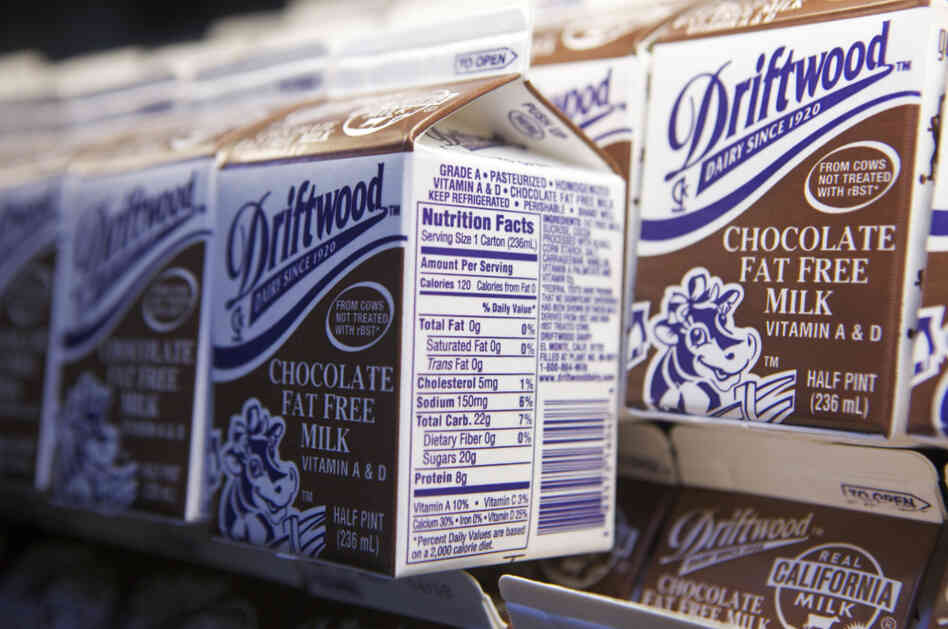US Study Links Drug Resistant Bacteria With Intensive Farms
Researchers of a new study have found drug-resistant bacteria, associated with livestock, in the noses of industrial livestock workers in North Carolina, but not in the noses of antibiotic-free livestock workers. The  drug-resistant bacteria examined were Staphylococcus aureus, commonly known as ?Staph,? which include the well-known ?superbug? MRSA. All participants in the study had direct or indirect contact with livestock, but only the workers exposed to antibiotic treated animals had antibiotic-resistant Staph. Earlier studies in Iowa, another major livestock state, and the Netherlands yielded similar results. These findings further raise concerns about the abuse of antibiotics in industrial livestock production, which could give way to super virus’ that can not be treated with antibiotics. You can avoid supporting the over usage of antibiotics by making sure your dairy and meat products came from livestock that were antibiotic free. Or skip the dairy and meat entirely!
drug-resistant bacteria examined were Staphylococcus aureus, commonly known as ?Staph,? which include the well-known ?superbug? MRSA. All participants in the study had direct or indirect contact with livestock, but only the workers exposed to antibiotic treated animals had antibiotic-resistant Staph. Earlier studies in Iowa, another major livestock state, and the Netherlands yielded similar results. These findings further raise concerns about the abuse of antibiotics in industrial livestock production, which could give way to super virus’ that can not be treated with antibiotics. You can avoid supporting the over usage of antibiotics by making sure your dairy and meat products came from livestock that were antibiotic free. Or skip the dairy and meat entirely!
As more research has linked sugar-sweetened beverage consumption to obesity (duh!), the US Department of Agriculture, the American Academy of Pediatrics, and other organizations have recommended limiting consumption of all calorie-containing liquids, with the exception of reduced-fat milk. In fact, people in most age  groups are encouraged to consume 3 cups daily. A new article featured in JAMA,?Journal of the American Medical Association, questions the scientific rationale for promoting reduced-fat milk consumption at these levels in children and adults and reconsiders the role of cow?s milk in human nutrition. The article argues that when people choose reduced fat milk over whole, they tend to overcompensate for the calorie difference via food. In fact, studies have shown the same or greater weight gain with consumption of reduced fat milk compared to whole milk. Bottom line: if you’re going to drink milk, stick to whole milk. Non-dairy milks, such as almond, coconut, and soy, are also great alternatives. And always choose organic whenever possible!
groups are encouraged to consume 3 cups daily. A new article featured in JAMA,?Journal of the American Medical Association, questions the scientific rationale for promoting reduced-fat milk consumption at these levels in children and adults and reconsiders the role of cow?s milk in human nutrition. The article argues that when people choose reduced fat milk over whole, they tend to overcompensate for the calorie difference via food. In fact, studies have shown the same or greater weight gain with consumption of reduced fat milk compared to whole milk. Bottom line: if you’re going to drink milk, stick to whole milk. Non-dairy milks, such as almond, coconut, and soy, are also great alternatives. And always choose organic whenever possible!

Comments are closed.